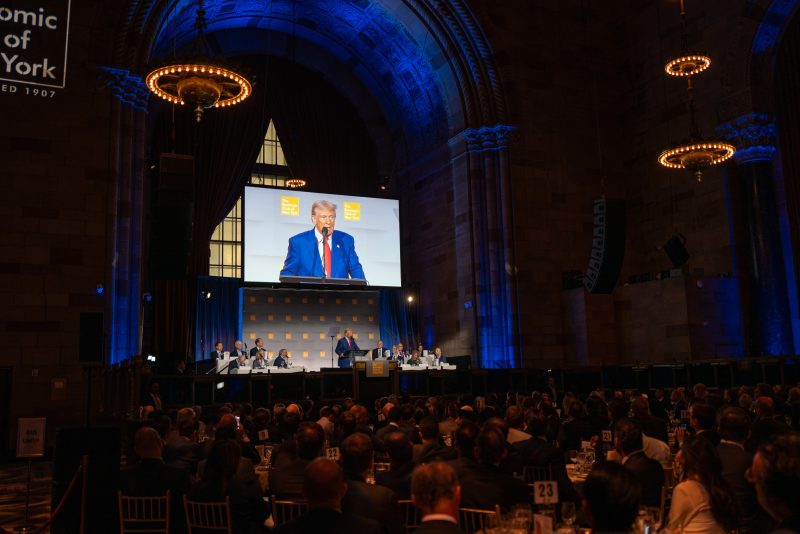In the fast-paced world of global trade, political decisions and actions can have significant repercussions. Recently, former President Donald Trump has been making increasingly extreme threats that could potentially disrupt the delicate balance of international commerce. Despite these warnings, the GOP leadership has chosen to downplay the severity of Trump’s statements. This stance raises questions about the potential impact on global trade and the strategies necessary to mitigate the risks.
Trump’s track record of protectionist policies and nationalist rhetoric during his time in office has not been forgotten by the international community. His aggressive stance on trade deals, tariffs, and diplomatic relationships created ripples of uncertainty in global markets. Now, as a private citizen, Trump’s recent warnings of extreme actions against countries that do not comply with his demands have sparked concern among economists and policy experts worldwide.
The GOP’s response to Trump’s threats is crucial in determining how seriously these statements are taken on the international stage. By downplaying the risks associated with Trump’s rhetoric, the GOP leadership may be inadvertently signaling to the global community that they are not fully committed to free and fair trade practices. This lack of coherence within the party could undermine the credibility of the United States as a reliable trading partner and diplomatic ally.
Amidst these tensions, it is essential for stakeholders in global trade to evaluate the potential impacts of Trump’s threats and develop contingency plans to mitigate any disruptions. International businesses relying on seamless cross-border transactions must remain vigilant and adaptable to navigate the uncertain waters ahead. Governments and trade organizations should also engage in proactive dialogue to address concerns and seek diplomatic solutions to prevent any escalation of trade disputes.
The evolving landscape of global trade requires a coordinated and cooperative approach from all parties involved. While Trump’s statements may be provocative, it is imperative to uphold the principles of open markets, fair competition, and mutual respect in international trade relations. By working together to address challenges and uphold shared values, the global community can weather any storm and emerge stronger and more united in its commitment to sustainable economic growth and prosperity for all.


























